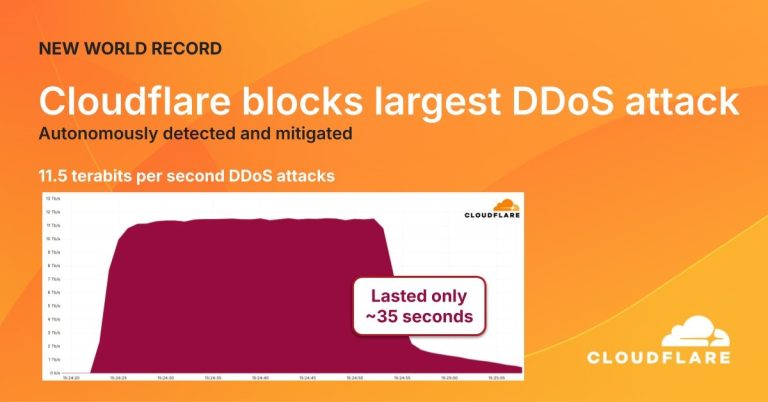
An international cryptocurrency fraud network has been dismantled in Spain, with more than 5,000 victims identified across the globe over the past several years. According to law enforcement estimates, the perpetrators managed to launder approximately €460 million—equivalent to around $540 million. The operation was coordinated by Europol with support from authorities in France, Estonia, the United States, and Spain.
The final phase of the investigation, which began in 2023, culminated in a series of arrests at the end of June. Three suspects were apprehended in the Canary Islands, while two others were detained in Madrid. Simultaneous raids resulted in the seizure of digital devices and financial records, which are expected to shed further light on the details of the criminal operation.
According to case files, the group operated through a web of shell companies, bank accounts, and cryptocurrency wallets registered under fictitious names. A significant portion of the infrastructure was reportedly linked to entities in Hong Kong, and the laundering and legitimization of illicit funds were facilitated via cryptocurrency exchanges and payment gateways.
A distinguishing feature of this scheme was its aggressive approach to victim recruitment. Fraudsters contacted individuals via phone, email, and even face-to-face meetings, posing as financial advisors. They promised swift returns and urged investments into allegedly secure cryptocurrency ventures.
Prospective investors were shown sophisticated fake online platforms with convincing user interfaces. Account balances appeared to grow, and profits were displayed—but withdrawals were impossible. To access their “earnings,” clients were often asked to pay additional fees, purportedly to unlock their accounts or cover transaction costs.
Some variations of the scam incorporated elements of social engineering. Forged documents, promotional materials, and even deepfake videos and replicas of legitimate financial websites were employed—rendering the deception nearly indistinguishable from genuine services.
Investigators believe this case is part of a broader trend in which fraudsters increasingly deploy artificial intelligence and hyper-personalized tactics. The victims are no longer limited to crypto investors; similar schemes have previously promised high returns in green energy and other “emerging” sectors.
European authorities note that scammers frequently target individuals lacking in-depth expertise in the relevant industries. The allure of guaranteed profits remains their most effective lure.
This operation marks the second major success for Spanish law enforcement in recent months. In April, another criminal syndicate operating under a similar playbook was brought down.
Authorities have yet to disclose which specific cryptocurrencies were used for laundering. However, it is confirmed that the network employed both digital platforms and traditional banking channels—such as wire transfers, cash withdrawals, and international transactions.
On the day of the arrests, a Europol digital asset specialist arrived in Spain to assist with forensic financial analysis and the tracking of digital footprints. The investigation remains ongoing, with additional arrests and further expansion of the suspect list still possible.




